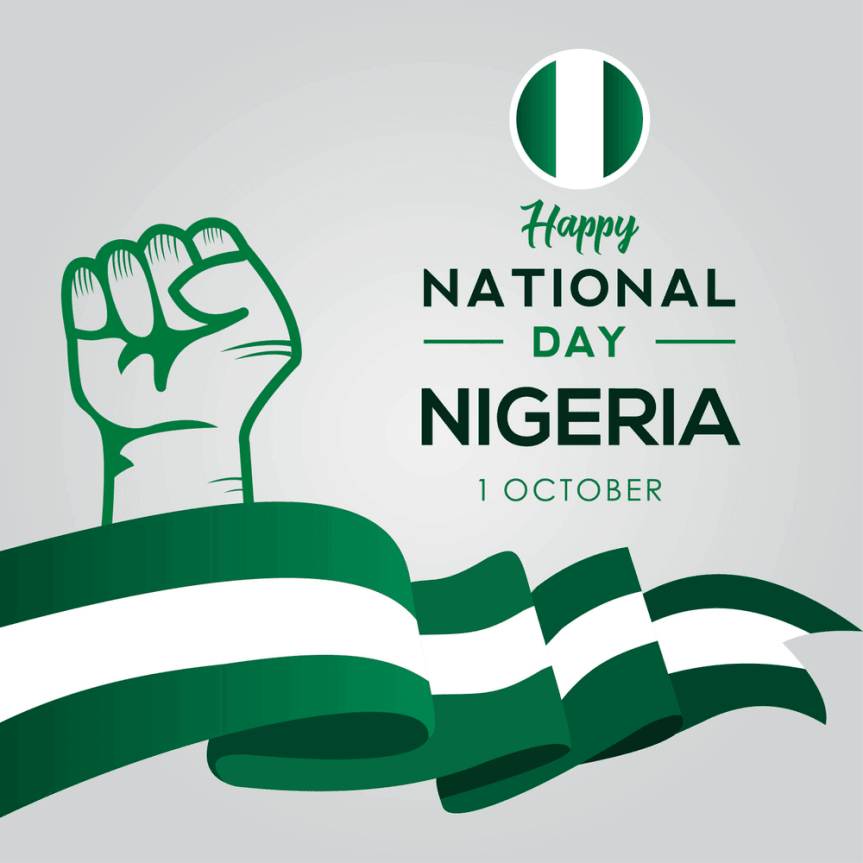
Nigerian Independence Day
Share
Nigeria's independence day is celebrated on October 1, 1961, marking a significant turning point in the nation's history. The road to independence was fraught with challenges, but it ultimately led to the emergence of Africa's most populous nation as a sovereign state.
Nigeria was a British colony, established through a combination of treaties, conquests, and administrative agreements. The struggle for independence was influenced by prominent Nigerian leaders such as Nnamdi Azikiwe, Obafemi Awolowo, and Ahmadu Bello.These leaders played pivotal roles in shaping Nigeria's destiny and advocating for self-rule.

The independence of Nigeria's northern region, formerly known as British Cameroon North, from Britain on June 1, 1961, marked an important milestone in the nation's path to self-governance. It was a time of celebration and optimism as Nigeria took its first steps towards independence.
The impact of Nigeria's independence on Britain was significant. Nigeria was a major British colony and the economic implications of its independence were substantial. Nigeria's rich natural resources, particularly oil, played a crucial role in shaping the relationship between the two nations. Britain had to adapt to a changing global landscape where former colonies were asserting their independence.

Nigeria's independence also had a profound impact on the collective African consciousness. As the most populous country in Africa, Nigeria's independence served as a beacon of hope for other African nations struggling for self-rule. It demonstrated that independence was attainable and inspired a wave of nationalist movements across the continent.
Today, Nigeria's independence day is celebrated with great pride and patriotism. It is an occasion to honor the sacrifices of the nation's founding fathers and reflect on the challenges and achievements of the past. Nigeria's independence continues tosymbolize the resilience and determination of the Nigerian people.
